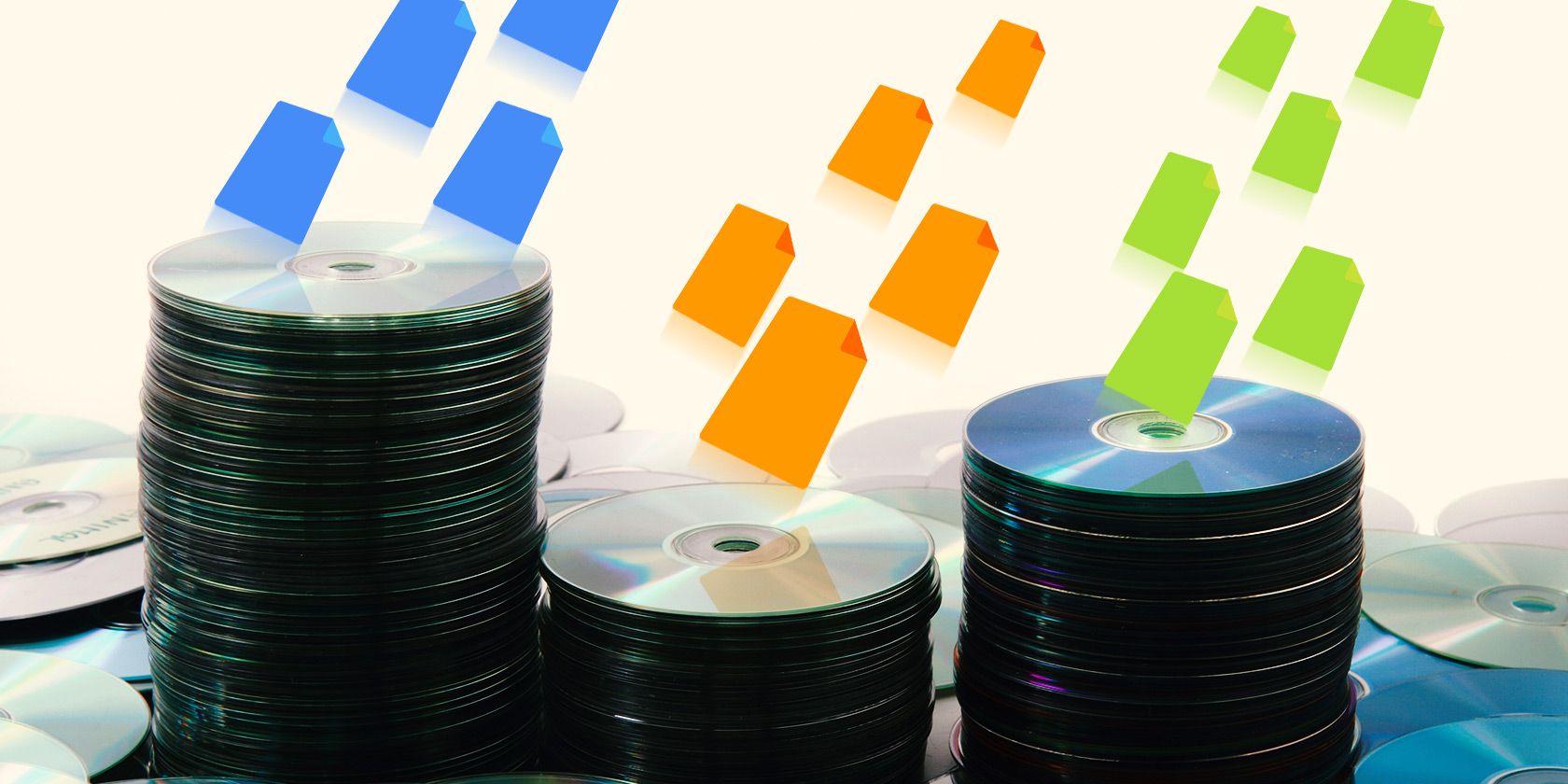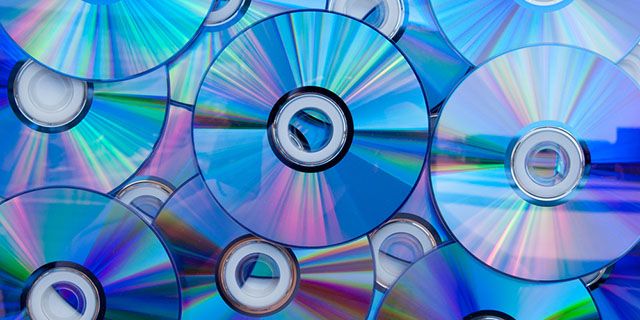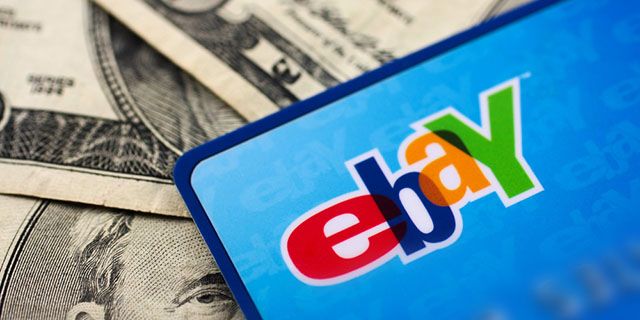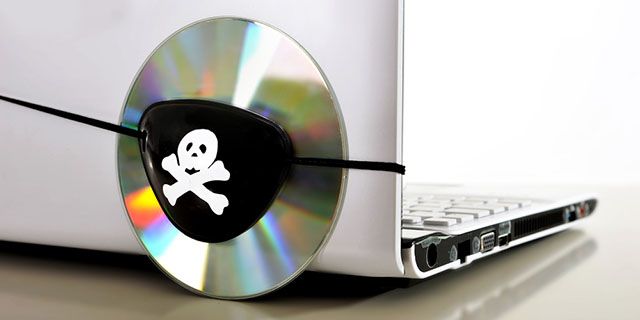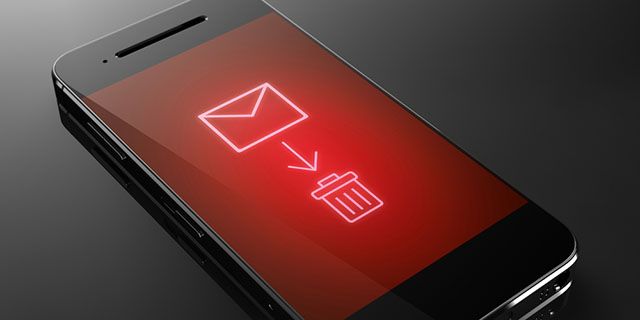The world is shifting into digital gear at a rapid pace and everyone is racing to stay ahead. Video games, eBooks, music, movies, and TV shows. You name it, there's probably a digital market for it. And while digital is awesome in many ways, it definitely isn't perfect.
On the one hand, digital media has made it far easier for independent artists and creators to break into their respective markets. Indie games through Steam, indie music through Soundcloud, indie eBooks through Amazon, etc. As an aspiring indie myself, this is a trend I can get behind 100 percent.
Plus, digital media is generally more convenient. Nobody can argue with that. But is that reason enough to jump ship and abandon your CDs and DVDs? Maybe, maybe not. Let's take a quick look at the pros and cons. You might find that it's actually better to wait.
Digital Ownership Is a Lie
The most damning flaw in digital media -- at least according to the current structure of digital distribution -- is that just because you buy it doesn't mean you own it. This can be a strange concept to wrap your head around, especially if you grew up during the reign of physical discs and cassettes.
When you buy a CD, a DVD, a book, or a board game, you literally own that physical medium and the specific content it contains. It's yours and you can do whatever you want with it (as long as you don't separate the content from the physical medium).
This isn't true when you make a digital purchase. Legally speaking, you're paying for the right to download and listen (music), watch (movies), or read (eBooks) whatever it is you bought. In other words, you're licensing the content. There's no physical medium to own.
So, for example, if you breach the license in some way or the license terms change at some point in the future, you could lose access to something for which you have already paid. Your entire digital library could be revoked in the blink of an eye (which has actually happened on Steam before). Are you comfortable paying for something you won't own?
Digital Resale Is Impossible
The issue of digital ownership has other practical implications beyond legalese and hypothetical licensing scenarios. For example, can you sell something that you don't own? The obvious answer is "No", but when you apply that to your digital collection, suddenly it becomes a bit confusing.
Think about the used media market. You buy a certain book, DVD, or board game. You have fun with it for a while, but eventually it loses its luster and you don't want it any more. You list it on eBay (or a seller-friendly eBay alternative) and sell it for some extra cash.
Seems pretty mundane, right? It's a win-win situation. You walk away with the recuperated value of whatever it is that you sold. The buyer walks away with whatever he or she wanted but at a discounted price. Everyone's happy.
But you can't sell digital files because of the licensing terms. That means that every digital purchase you make is a 100 percent sunk cost. You cannot extract any value from it. It's worthless. You also can't buy used goodies from others at reduced prices. It's effectively "full price or nothing" now.
Similarly, if you're on your deathbed and you want to bequeath your massive library of digital textbooks and fictional adventures, you can't. Upon death, your access to all of that stuff is legally revoked.
Sharing Is Caring... And Illegal
This digital ownership thing is turning out to be a real pain, isn't it? The bad news is that we're not done yet. There's another drawback to digital ownership (or the lack thereof) that affects all of us: you can't share your files!
Think about physical media. If you want to lend your book, DVD, or board game to a friend or family member, you can. You just hand it over to them and they'll hand it back to you when they're done with it. That's how we have always done things, and it works. But digital switches that up.
How would you lend a digital file to a friend? The obvious method is to copy it and send it over to them. Unfortunately, this kind of file-sharing counts as Internet piracy -- even if you don't use file-sharing networks! We can argue whether or not piracy is a good thing, but the law is the law.
Well, what if you give rather than copy the file? That's a valid option as long as the digital file isn't locked with digital rights management (DRM). There are various DRM techniques out there, but they all aim for the same thing: ensuring only the one who buys it can use it.
So, lending is out of the question unless you also lend your account or device. Unfortunately, companies tend to prohibit the sharing of accounts and devices for this very reason. Then again, companies like Amazon have found ways to incorporate digital lending into their service (which you can get with Amazon Prime).
Data Storage Costs Money
Okay, that's enough about digital ownership. There are other downsides that you should be aware of, such as the nature of digital storage itself.
When you buy a board game or book, you only need physical space. When you buy a CD or DVD, the physical medium itself comes with enough storage space to hold the digital content. But when we move into full digital territory, something strange happens.
You have to pay for data storage! Purchasing a digital file gives you the right to download that file, but it's up to you whether or not you have enough space for it once downloaded. And since digital files are getting bigger and bigger (ultra HD 4K videos are huge), you're going to need to buy bigger hard drives if you want to store it all.
In other words, when you buy physical, you get the content and the storage for said content all in one convenient package. When you buy digital, you end up paying twice: once for the content and once for your own storage space.
What about Internet bandwidth? For those of us who have bandwidth caps on Internet usage, we're actually paying three times. You buy access to the file, you dedicate some of your precious storage to hold that file, and you waste a portion of your limited Internet to download that file. Yikes!
Data Storage Is Risky
The nature of digital media comes with another drawback, which is the lack of longevity. Even though physical objects can break, they're still inherently more stable than something as fickle as a digital file on your computer.
For example, consider malware. It can be surprisingly easy to catch a malicious virus that wipes out your hard drive. When that happens, you can say "Goodbye" to your digital library.
Even if malware isn't a threat to you, you still have to worry about the fact that hard drives don't last forever. Are you prepared to lose everything when you wake up one morning to a dead hard drive? Sure, you can download those files again, but it will be at the expense of your time and bandwidth.
And that's assuming that the content provider's servers are still operational. What if Amazon, iTunes, or Steam shut up shop? All of that content you paid for is suddenly made unavailable and you're left high and dry.
And if you want to keep digital backups, that's more space that you need to pay for.
I'm not saying that physical discs are impervious to damage. Yes, discs can snap in half. Yes, your house could burn down and consume all of your physical media. But my point is that, all things being equal, one physical disc is surely safer than one digital file. This may or may not be a big deal to you, but it's a point worth considering.
Physical vs. Digital: Who Wins?
Despite all of these downsides, I think most of us probably prefer digital over physical. The ownership issues will likely fade into the background over the next few years and digital security will improve as people learn the right steps to take.
But these reasons are proof that going full digital is not always the smartest move, so don't feel bad if you want to stick with your collections of CDs, DVDs, and dead-tree books.
Have you gone full digital? Or do you prefer the stability of physical media? What made you sway one way or the other? Share your thoughts with us in the comments below!
Image Credits: CD and DVD Via Shutterstock, Pile of DVDs Via Shutterstock, Ebay Cash Via Shutterstock, Pirate Laptop Via Shutterstock, Hard Drive Stack Via Shutterstock, Deleted File Via Shutterstock

